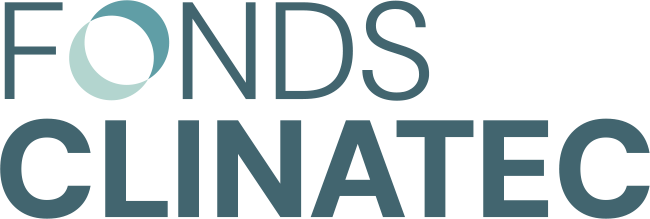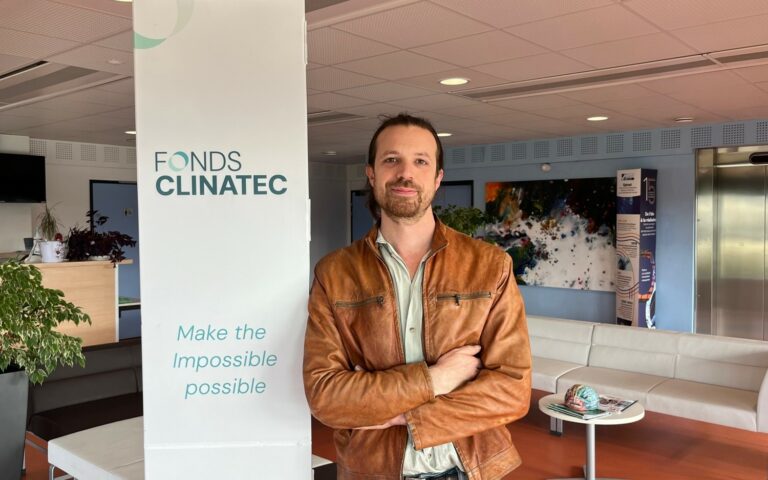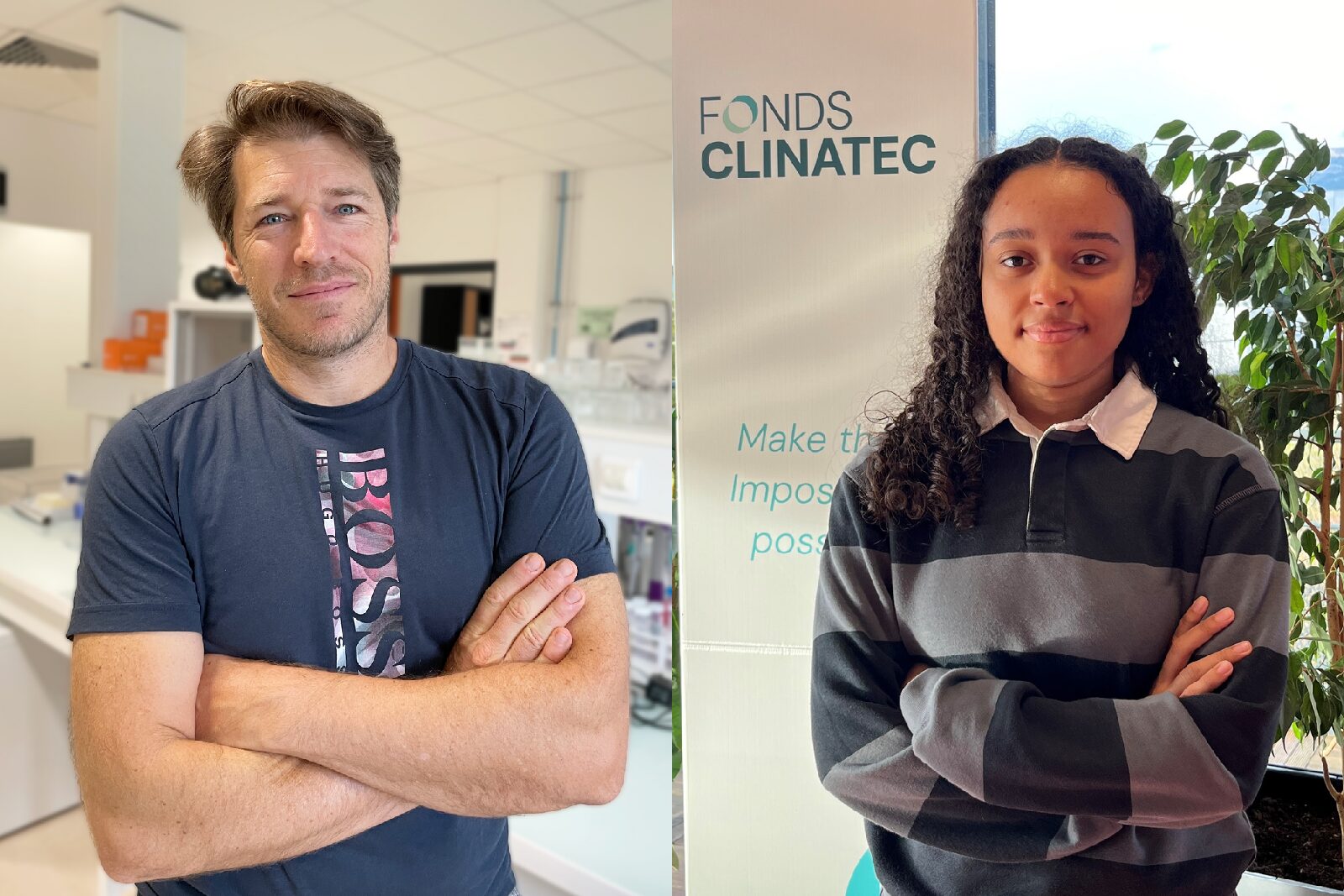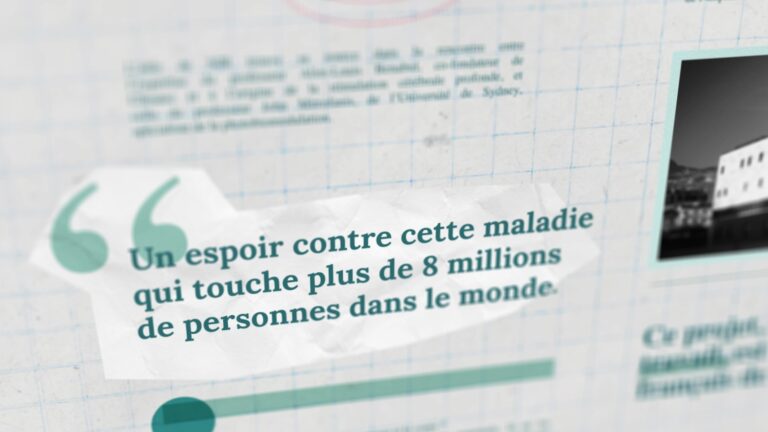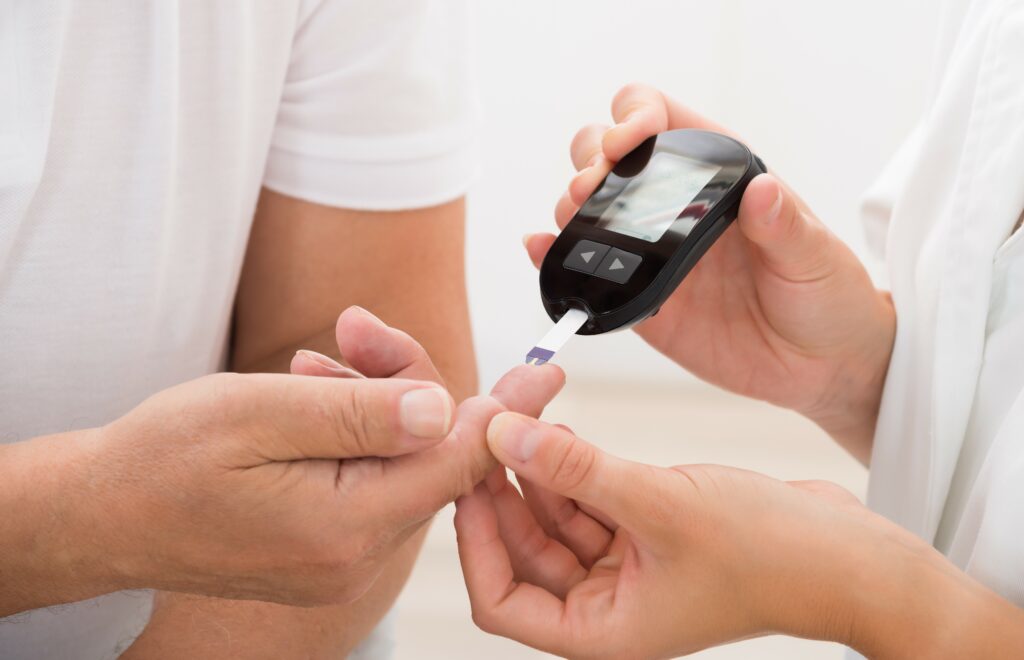
What is the Diabetes & Stress program? We interviewed the project’s researchers and players
Professor Pierre-Yves Benhamou, a researcher at Grenoble University Hospital, answered our questions about the launch of this new project.
What is the ultimate goal of the diabetes and stress project for the patient?
Stress is recognized as one of the determinants of a number of pathological conditions. In particular, it helps to curb the progression of diabetes. The overall aim of this project is to develop a tool that is easy to use and widely available, enabling stress states to be recognized and quantified. Specifically, we want to develop this instrument in the context of diabetic pathology.
What’s the background to this project?
Glucose homeostasis is influenced by numerous endogenous and exogenous factors (food intake, physical activity, hormonal cycle, sleep, stress). … This research is in line with the Grenoble University Hospital’s long-standing commitment to technological innovation for patients living with diabetes.
Dr Guy Fagherazzi from the Luxembourg Insitute of Health will be taking a closer look at the methods and resources used to achieve Diabetes & Stress.
How deep digital phenotyping identifies vocal biomarkers of diabetes-related distress?
Deep digital phenotyping makes it possible to characterize people living with diabetes with finer granularity than traditional approaches, using new sources of information. Among the various sources of innovative data, we are working specifically on voice analysis. Patients record their voice and answer questionnaires on stress and diabetes-related distress, and we then develop prediction models based on artificial intelligence methods to predict these levels of stress or distress from voice information alone. This research will be used to develop new solutions for remote monitoring of important health parameters (via a smartphone application, or teleconsultations, for example) in clinical research, and eventually in routine clinical practice.
How is the database you use constructed? what type of measures? What type of patients?
The Colive Voice study is a global, multi-lingual study that serves as a platform for identifying candidate voice biomarkers. Participants are asked to fill in a medical questionnaire and then make a few quick, fun voice recordings. This research is open to everyone aged 15 and over, whatever their state of health. Research is currently being carried out on people living with diabetes, cancer or mental health problems, but it’s open to all ! You just need to be able to speak French, German, English, Spanish, Portuguese or Arabic. To take part, all you need to do is spare 20 minutes of your free time and go to https://www.colivevoice.org/ with your smartphone, tablet or computer equipped with a microphone.
Christelle Godin, CEA-Leti, AI Research Director
What does artificial intelligence bring to the project ?
Artificial intelligence, and more specifically machine and deep learning methods, will be used to study the relationship between measurements and stress. A specific database will be set up to complement those currently available. Exploiting these data with learning algorithms will enable the development of stress estimation models combining physiological and vocal measurements, specific to the context of diabetes. In this way, we hope to obtain high-performance, robust stress indicators adapted to diabetic patients.
How will the physiological measurements be used?
The recent development of physiological sensors worn non-intrusively as part of wristbands has made it possible to monitor cardiac, respiratory and electrodermal activity in everyday life. Several studies show that it is possible to assess a person’s stress state from such measurements, using models trained by artificial intelligence algorithms. One of the aims of the project is to adapt these models to the specific context of diabetes, but also to combine them with speech markers.
Interview with Dr Charline Bour, post-doctoral researcher in data science and artificial intelligence.
What is your methodology for carrying out the project?
To achieve my goal, I’ll be analyzing various types of data, including voice and physiological data. We hope to launch a clinical study and recruit diabetic patients to monitor stress and blood sugar levels in greater depth, which will represent a crucial step forward.
What are the project’s main challenges? The main technical and scientific challenge associated with this project lies in the accuracy and reliability of data collection and analysis. Indeed, stress indicators, particularly in a context such as diabetes, can be subtle and vary considerably from one person to another.
Project supported by Au Coeur des Familles Fondation d’Entreprise OCIRP.
To consult the project description, click here
We warmly invite you to take part in the Colive study to support our research into diabetes and all types of pathologies in general.
